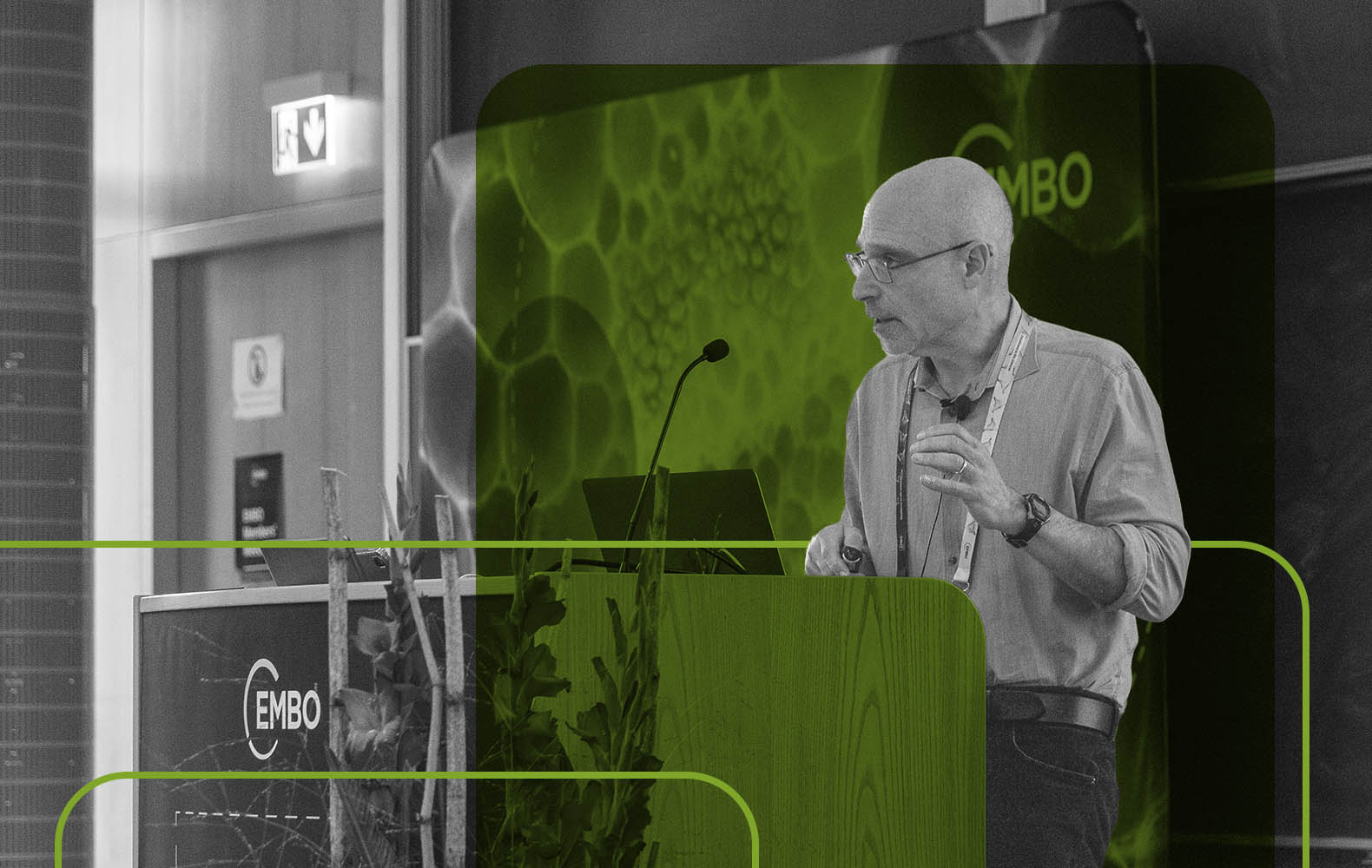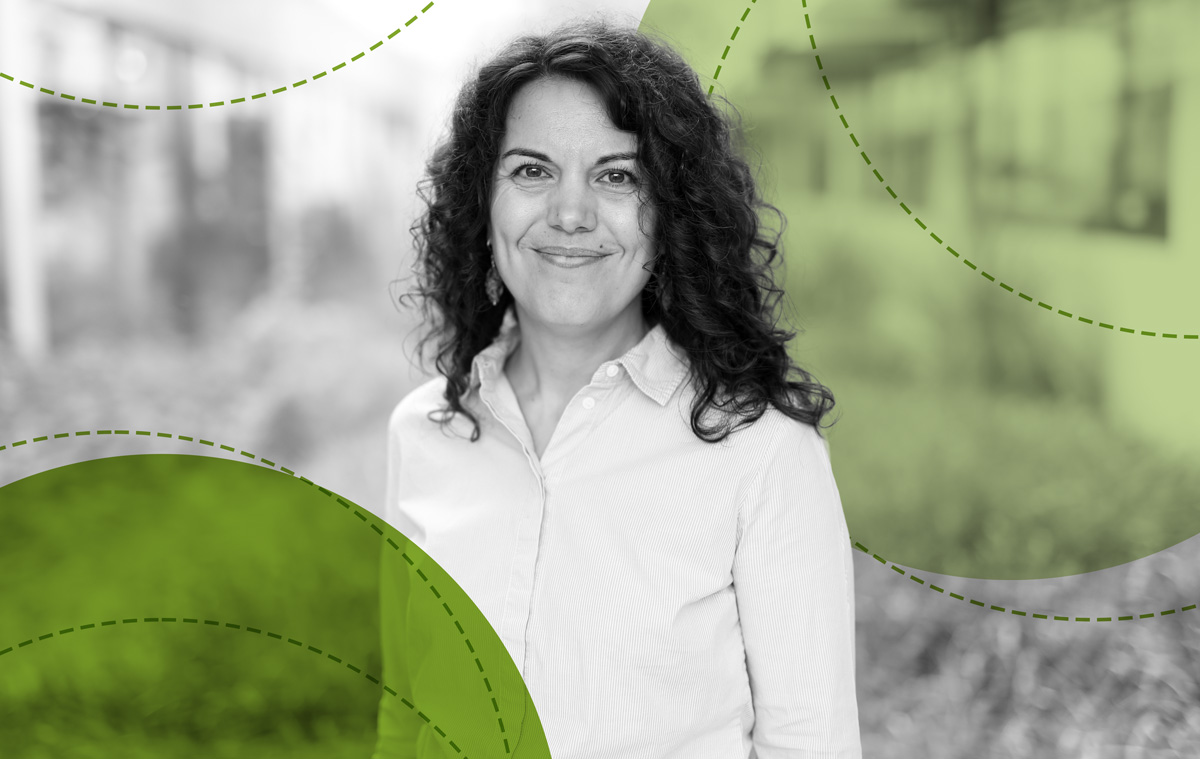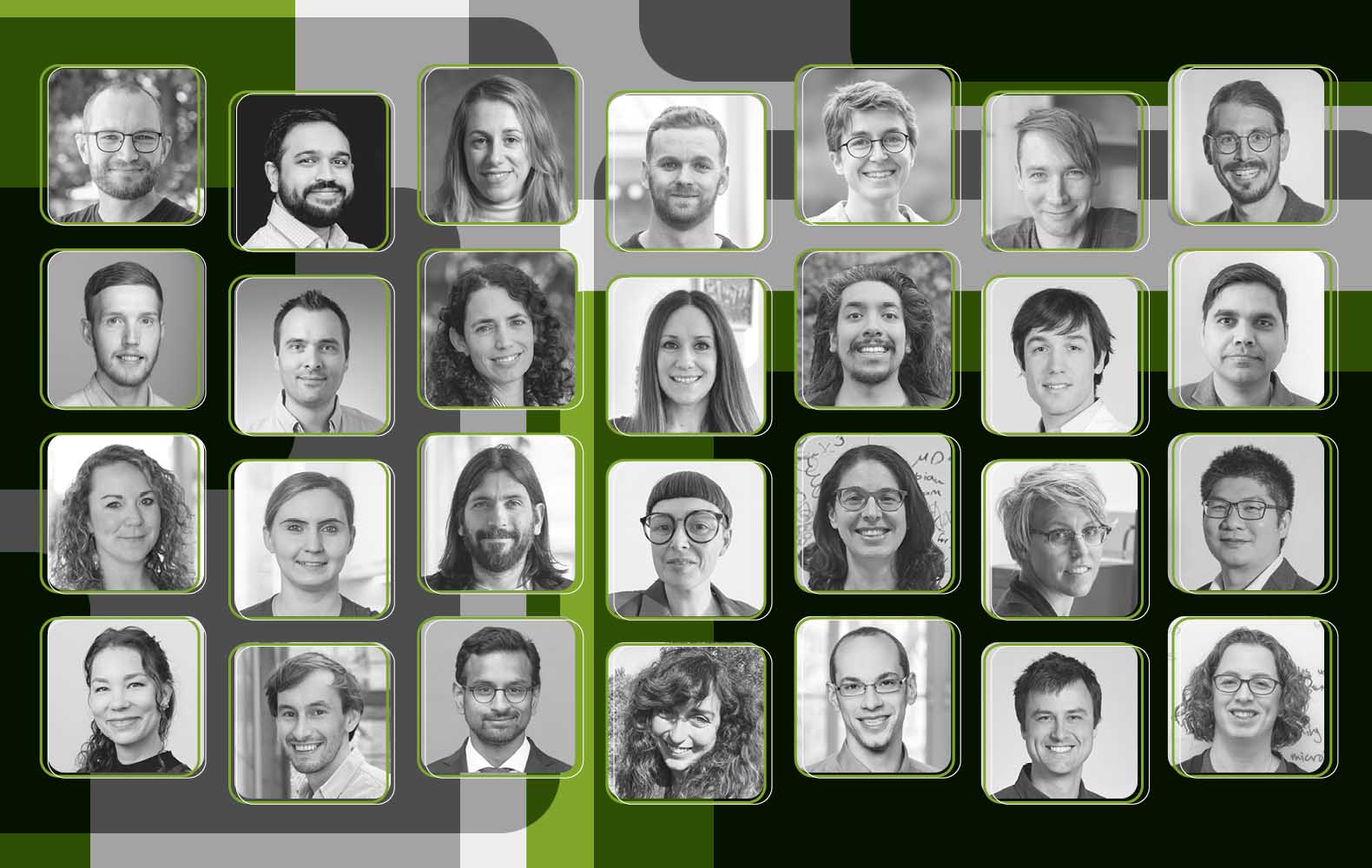Annette Oxenius commences her role as ETHZ Vice President for Research in August 2025. We talked about her vision, personal research and the role of EMBO in her career.
What is your vision as Vice-President for Research at ETHZ?
ETH stands for research, innovation and teaching, and my role as Vice President is to ensure research and innovation stays at the forefront and that there is sufficient support both financially but also in terms of infrastructure and in recruiting the best people. We only exist by recruiting the best people and we must make it an attractive place for the best people in many disciplines.
My mission is also to connect people across many disciplines because that creates a lot of innovation. We have 560 professors in 16 departments so how can we encourage fruitful exchange beyond that already existing? One way is by creating centres where people from different departments can contribute. I would like to further explore this approach in the life sciences and medicine.
What has been your personal research highlight?
I think it is understanding how the immune response must be adapted to the type of viral infection it is exposed to. With an acute flu infection, for example, you can mobilize your immune response and control the infection within maybe two weeks. With a herpes virus, where you do not get rid of the virus and always have reactivation events, the immune response must be tailored to cope.
With a chronic viral infection like HIV you really must tune down your immune responses and we have shown in my lab that if the T cell response is too strong and tries to eliminate all the virus infected cells this leads to severe immunopathology that is lethal for the host. A killer cell normally gets fired up and kills the virus infected cells but in the context of a chronic infection, where they see the antigen repeatedly, the killer cells start to upregulate co-inhibitory receptors and they stop functioning.
This ‘tuning down’ of immune responses has been discovered in chronic viral infections in mice and in humans in hep C or HIV infections. In cancer tumour-infiltrating T cells which see the antigens repeatedly the same thing happens and the T cells do not properly function. In cancer treatments, checkpoint inhibitors are used to block the co-inhibitory receptors and that reinvigorates the T cells in the tumour.
But if you have a systemic viral infection with infected cells everywhere you do not want the T cells to be overactive because they might kill vital structures in the body. This tuning down of the immune response in these very potent and aggressive immune cells has developed in the context of chronic viral infections to tolerate the infection and not kill the host.
What prompted you to study immunology?
I got into immunology after reading a few textbooks and thinking it was highly interesting to understand how our body defends itself against all sorts of microbes. In the second year of my studies, I did a summer internship as a practical student in the lab of Rolf Zinkernagel and Hans Hengartner. It was just amazing. Flat hierarchy, everyone was on first names with each other, international, really vibrant! I thought ‘this is where I want to go’.
In my PhD I worked on fundamental questions in immunology using experimental mouse models and at that time in the mid-late 90s there was a lot of research in immune responses in humans infected with HIV. For my postdoc I decided to switch from a model organism to work on a real disease and moved to Oxford. I was really lucky to get a two-year postdoctoral fellowship from EMBO and that made it so much easier as you come with your own grant and your own ideas. I had two years funded by EMBO and a third year funded by the Swiss National Science Foundation.
What was your career breakthrough moment?
After two months at Oxford I was told about a big clinical trial in Switzerland with 120 patients chronically infected with HIV and on antiretroviral drugs. They would undertake ‘structured treatment interruptions’ during which the patients would be given a two-week ‘drug holiday’. The virus would rebound and then the patients would start another eight weeks of drug therapy. The idea was that by short exposure to the virus the patient would boost their immune response and after three or four of these cycles of auto vaccination the individual might be able to control HIV even without antiviral drugs.
The Swiss-wide trail was led by the head of infectious diseases at the University of Geneva and samples from all the patients longitudinally, always before and after treatment interruption, so there were ten or 12 consecutive samples over about a year. He wrote to different immunology centres including Oxford and asked what would you do if you had these samples and how much would it cost? I got the letter and thought ‘wow, this is a real clinical human trial’! Since I was paid by EMBO, my salary was already taken care of so I listed the consumables I would need and outcompeted because I was so much cheaper! It was just at the right time.
What was the transition like to being a PI?
In 2002 I returned to Zurich. It was different building up your own lab and hiring and training people and getting grants. It was a big privilege although it was not easy at the beginning – we even couldn’t grow any virus stocks! The Institute has always been very supportive but I had always worked on my own projects with my own hands and then you suddenly are responsible for other people to help make their PhD successful. I decided to just give myself a year without worrying and then after sit down and reconsider. That helped me because it did not have the day-to-day pressure anymore. It is not the end of your life if it does not work out.
Are current students given enough information about alternate career options?
It has improved. For almost 20 years our PhD students have been in a joint Graduate School between the ETH and the University and we have a big network of alumni who have transitioned to industry, NGOs or stayed in academia. We have regular information meetings for our current PhD students where we invite former students to talk about their decisions and who are available to be contacted to help train for a job interview in industry, for example.
How important has EMBO been to your career?
The EMBO Postdoctoral Fellowship was hugely important as I was able to move to the most exciting research environment, and then the Young Investigator Programme allowed me to connect with a lot of people at the same career stage outside my own institution encompassing all of Europe. It was great to have these exchanges and think about projects that one could do together. Then I was elected an EMBO Member. I was really honoured and very grateful to be part of that community. It is also appreciation by the community of all the work that you have done and that is very rewarding.



